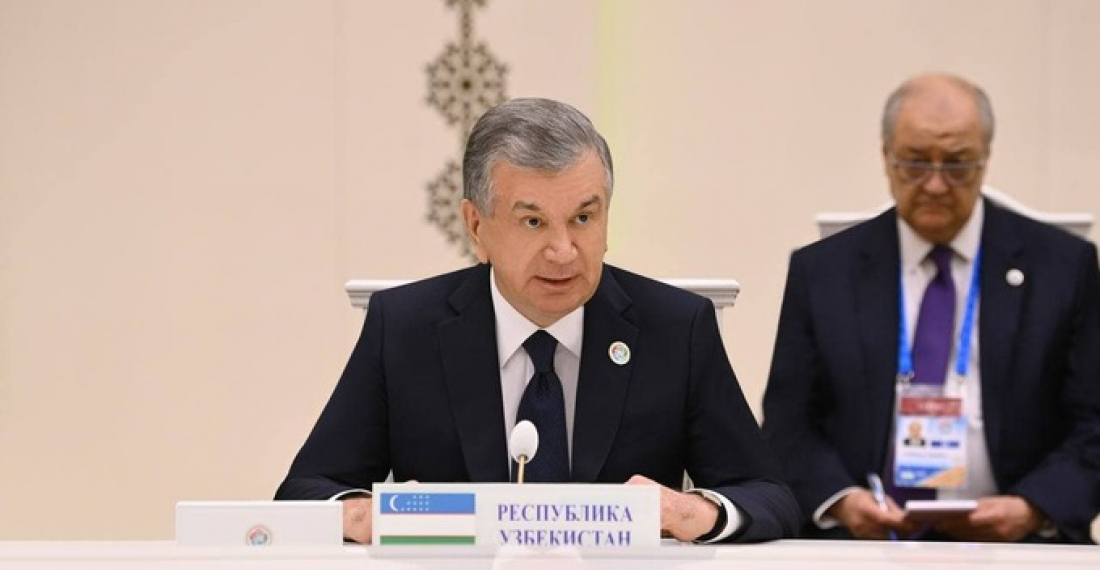Uzbek President Shavkat Mirziyoev has been nominated to serve a second term ahead of the country’s October 24 presidential election.
Uzbekistan's ruling Liberal Democratic Party made the announcement on 7 August. Mirziyoev came to power in Uzbekistan after the 2016 death of longtime leader Islam Karimov, Uzbekistan’s former Soviet leader and the country's first post-Soviet president. He has since launched an ambitious reform agenda and has sought to end Uzbekistan's international isolation.
On Friday (6 August) Mirzoyoev was in Turkmenistan where he participated in the a summit of the five leaders of the Central Asian states.
In his speech to the summit the Uzbek president said that “today's realities require decisive steps to form a new model of economic cooperation in Central Asia. It is important to identify new points of growth, new drivers of development for the long term".
The president added that it is in the common strategic interests of the Central Asian countries to effectively use the transport and transit potential of the region. An extensive and integrated transport system can become a key transit hub on the Eurasian continent. "In this regard, I call on the tapping of the existing transport corridors and infrastructure, including the ports of the Caspian Sea, large cross-border logistics centers", he added.
Reflecting on the difficulties that resulted from the impact of the coronavirus pandemic on Central Asia, President Mirziyoev said "these were difficult years for all of us. The main conclusion is that only together, together, supporting each other, can we achieve a solution to the problems we face, ensure the sustainable development of the region and increase the well-being of the population. There is no other alternative!"






